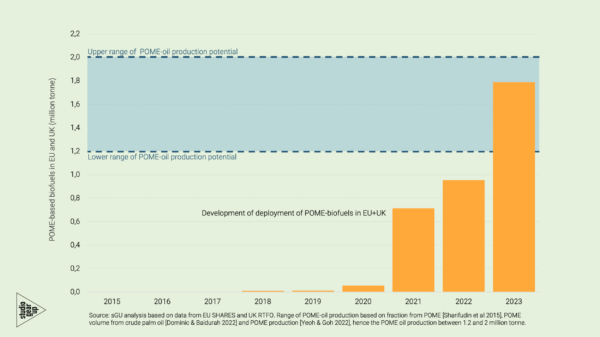For: VITO Flemish Institute for Technology
[Dec 2015 – Aug 2016]
studio Gear Up carried out for VITO project management and execution activities for the ‘BioSustain’ project’, commissioned by DG Energy of the European Commission.
In the BioSustain project VITO collaborates with other European partners (PwC, TU Wien, Utrecht University, INFRO and Rütter Soceco) to investigate the sustainable and optimal use of biomass for energy in the EU beyond 2020. DG Energy incorporated the findings of the report into the impact assessment for the proposal for the Renewable Energy Directive for the periode 2020-2030.
The BioSustain report was published June 2017 and consists of two parts:
—
VITO is a leading European independent research and technology organisation in the areas of cleantech and sustainable development, elaborating solutions for the large societal challenges of today.


